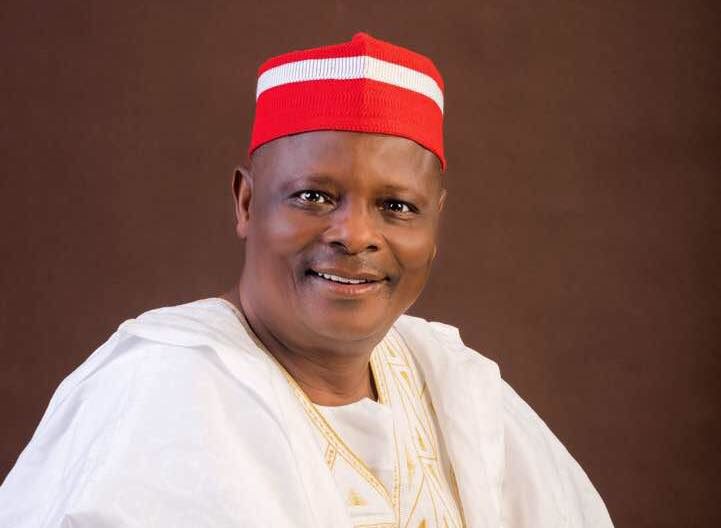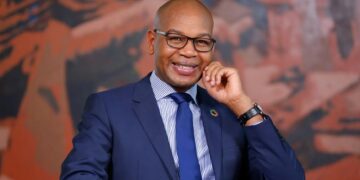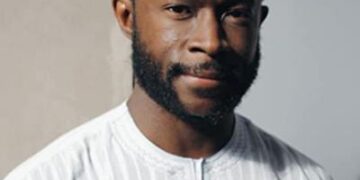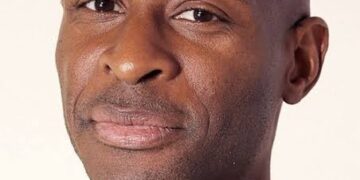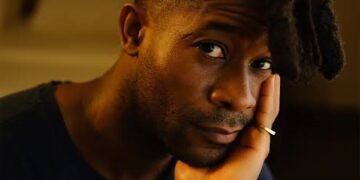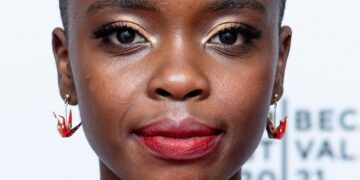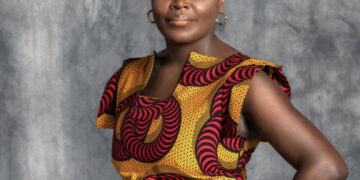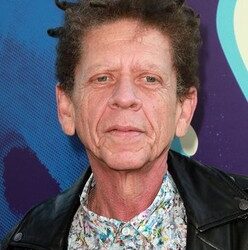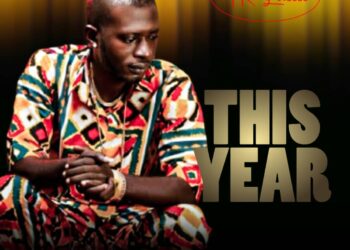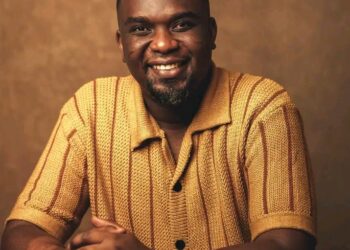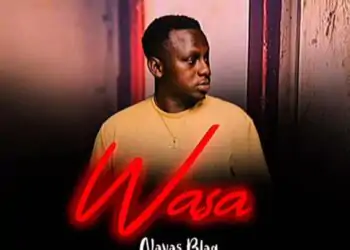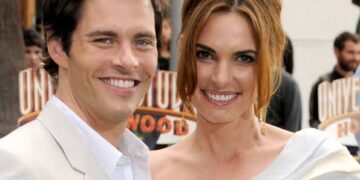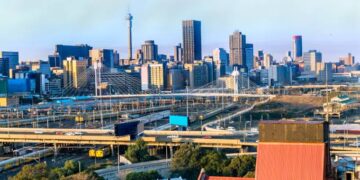Rabi’u Musa Kwankwaso, born October 21, 1956, is a Nigerian politician and former Governor of Kano State from 1999 to 2003 and 2011 to 2015. After losing his re-election bid in 2003, he was chosen as the Fourth Republic’s first Minister of Defense, despite having no prior military experience, from 2003 to 2007.
Wiki Profile
| Full Name: | Rabi’u Musa Kwankwaso |
| Date of Birth: | October 21, 1956 (65 years old) |
| Place of Birth: | Kano |
| State of Origin: | Kano State |
| Nationality: | Nigerian |
| Occupation: | Politician |
| Net Worth: | $20 million |
| Wife: | Salamatu Rabiu Musa |
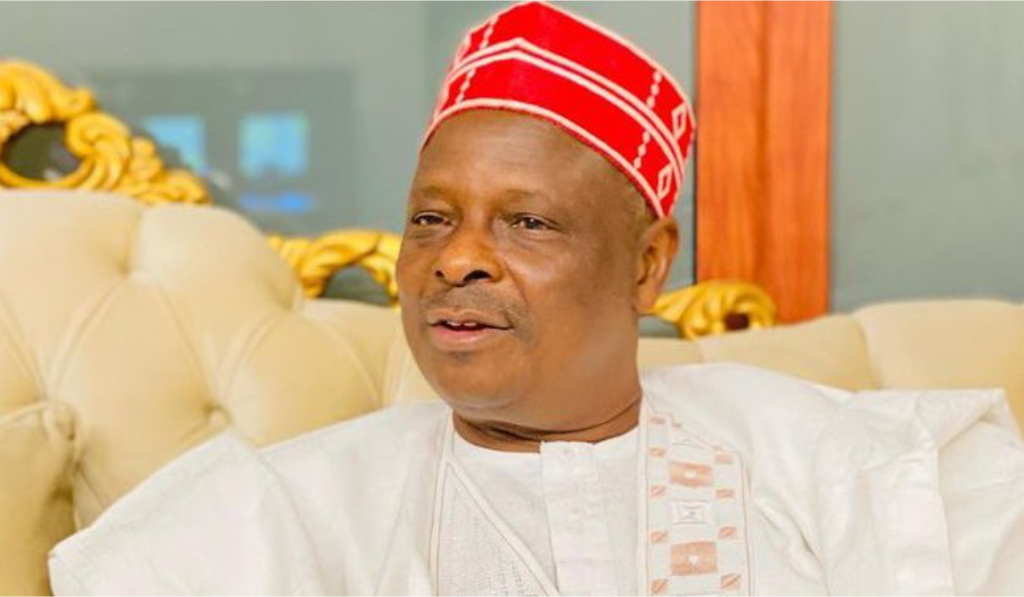
Early Life and Education
Rabiu Musa Kwankwaso was born to a Sunni Muslim Fulani family in Kwankwaso, a village near Madobi.
He was promoted to the District Head of Madobi with the title of Majidadin Kano, Hakimin Madobi by the Kano Emirate Council of Emir Ado Bayero CFR, LLD, JP.
His father was the village head of Kwankwaso with the title of Sarkin Fulani, Dagacin Kwankwaso; he was promoted to the District Head of Madobi with the title of Majidadin Kano, Hakimin Madobi by the Kano Emirate
Before attending Kaduna Polytechnic, he attended Kwankwaso Primary School, Gwarzo Boarding Senior Primary School, Wudil Craft School, and Kano Technical College.
During his scholastic years, Rabiu Kwankwaso was an active student leader and an elected official of the Kano State Students Association.
He also studied postgraduate engineering at Middlesex Polytechnic in the United Kingdom from 1982 to 1983, and at Loughborough University of Technology in 1985, where he got a master’s degree in water engineering.
In 1975, Kwankwaso joined the Government of Kano State’s Kano State Water Resources and Engineering Construction Agency. He worked there for seventeen years in various capacities, eventually rising to the position of chief water engineer. [9]
Kwankwaso entered politics in 1992 as a member of the Social Democratic Party’s platform (SDP).
His old employer Senator Magaji Abdullahi, Babagana Kingibe, Atiku Abubakar, Bola Tinubu, Tony Anenih, Chuba Okadigbo, Abdullahi Aliyu Sumaila, Abubakar Koko, and Lamidi Adedibu were all members of the People’s Front group of the SDP, which was led by General Shehu Yar’adua.
Kwankwaso was elected to the House of Representatives in 1992, representing the Madobi Federal Constituency.
His subsequent election as the House’s deputy speaker thrust him into the national spotlight. Kwankwaso was elected as a delegate from Kano to the 1995 Constitutional Conference, as a member of Yar’adua’s People’s Democratic Movement.
He then joined General Sani Abacha’s political transition program, the Democratic Party of Nigeria (DPN).
In 1998, Kwankwaso joined the People’s Democratic Movement in Kano, which was led by Mallam Musa Gwadabe, Senator Hamisu Musa, and Alhaji Abdullahi Aliyu Sumaila.
He ran in the PDP primaries with Abdullahi Umar Ganduje, Mukthari Zimit, and Alhaji Kabiru Rabiu in 1999.
The Santsi/P.S.P. supported Abdullahi Umar Ganduje’s candidacy, but they were defeated by Kwankwaso in the primaries.
Kwankwaso was elected governor of Kano State for the first time on May 29, 1999, and served until May 29, 2003.
His first term as governor of Kano State was tumultuous, thanks to the opposition of numerous other parties to his autocratic government and attempt to support Yoruba President Olusegun Obasanjo.
In 2003, he was defeated in re-election by Malam Ibrahim Shekarau, a competitor.
From May 29, 2011 through May 29, 2015, Kwankwaso was re-elected as governor of Kano State for a second term.
During this time, he set out to restructure Kwankwassiya’s political structure by constructing roads, hospitals, and schools, as well as sending inhabitants abroad to study.
Kwankwaso was one of seven serving governors that formed the G-7 breakaway of the Peoples Democratic Party (PDP) in August 2013.
Kwankwaso, along with five other members of the G-7, defected to the new opposition group, the All Progressives Congress (APC), in November 2013.
Kwankwaso was at odds with long-time Emir of Kano Ado Bayero in June 2014 over the nomination of Waziri (Vizier) of the Kano Emirate Council.
Ado Bayero died on June 6, 2014, and the royals faced a succession issue. Sanusi Lamido Sanusi was suspended as Central Bank governor on June 8, 2014, and Dan Majen Kano (Son of Emir-Maje) was sworn in as the next Emir of Kano.
His election sparked huge demonstrations from followers of Sanusi Ado Bayero, the late Emir’s son and Chiroman Kano’s (Crown Prince), as well as suspicions that Kwankwaso backed Sanusi in the 2015 presidential race.
Kwankwaso exploited his considerable political following in Kano to run for the APC presidential nomination in October 2014.
Muhammadu Buhari received 3,430 votes, Kwankwaso 974 votes, Atiku Abubakar 954 votes, Rochas Okorocha 400 votes, and Sam Nda-Isiah 10 votes in the presidential primaries conducted in Lagos.
Kwankwaso, who came in second, endorsed the winner, Muhammadu Buhari.
From 2003 to 2007, Kwankwaso served in President Olusegun Obasanjo’s second government as Minister of Defense, replacing Theophilus Danjuma.
Kwankwaso resigned his ministerial position in 2007 to run for governor of Kano State, but he was defeated because he had been accused by a Government White Paper.
He was eventually replaced as the party’s governorship candidate by Alhaji Ahmed Garba Bichi.
After losing his party’s bid to run in the 2007 elections, he was appointed by President Olusegun Obasanjo as Special Envoy to Somalia and Darfur, and later by President Umaru Yar’Adua as a Board Member of the Niger Delta Development Commission, a position he resigned from January 2010.
From May 2015 until May 2019, Kwankwaso served in the Senate of Nigeria, representing Kano Central Senatorial District.
Rabiu Kwankwaso Net Worth
Rabiu Kwankwaso is a Nigerian politician with an estimated net worth of $20 million.
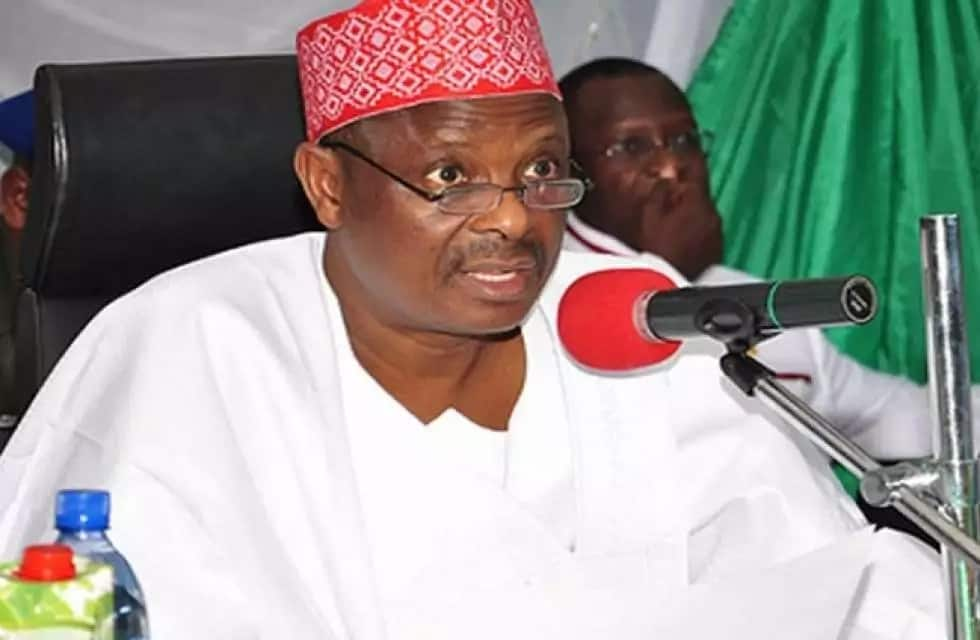
Philanthropy
Following his resignation as governor, Engr Kwankwaso established the Kwankwasiyya Development Foundation (KDF), a non-profit organization dedicated to assisting the people of Kano and Nigeria.
Kwankwaso’s charity helped many young people complete their studies by providing ongoing financial support.
The foundation’s first batch of 370 foreign scholarship recipients returned to Nigeria in 2021 after successfully completing their degrees.
Many of the scholars were able to get jobs with national and international companies like Dangote and Bua after completing their studies, thanks to the Kwankwasiyya Development Foundation.
When asked why he started the charity, Kwankwaso said it was to encourage literacy and alleviate extreme poverty in Kano state and Nigeria as a whole. Kwankwaso sold his land and donated the proceeds to the foundation to help fund it.
Kwankwaso also obtained the release of 170 detainees from various Nigerian prisons by paying their fines and arranging transportation to bring them to their destinations and reunite with their families through the KDF.
Kwankwaso has also provided over 150 million naira in sports equipment and cash to amateur football clubs in Nigeria.
This is part of his endeavor to encourage the growth and development of local sports in Nigeria, a sector that offers opportunity to young people all over the world.
In an effort to reduce poverty in Nigeria, the organization also distributed cash and food goods to the poor and needy, including widows, individuals with disabilities, and orphans.
Kwankwaso, on his 64th birthday in 2020, dedicated a 300-student capacity school he built in Kano’s Rano local government. The school is solar-powered and contains a six-classroom block.
The school was created by Kwankwaso Development Foundation in accordance with Kwankwaso’s vision and objective to encourage education.
Personal Life
Rabiu Kwankwaso is happily married to his wife, Salamatu Rabiu Musa. They got married in 2000. He has two childen, A’isha, Al-Amin and Mustapha Kwankwaso.

